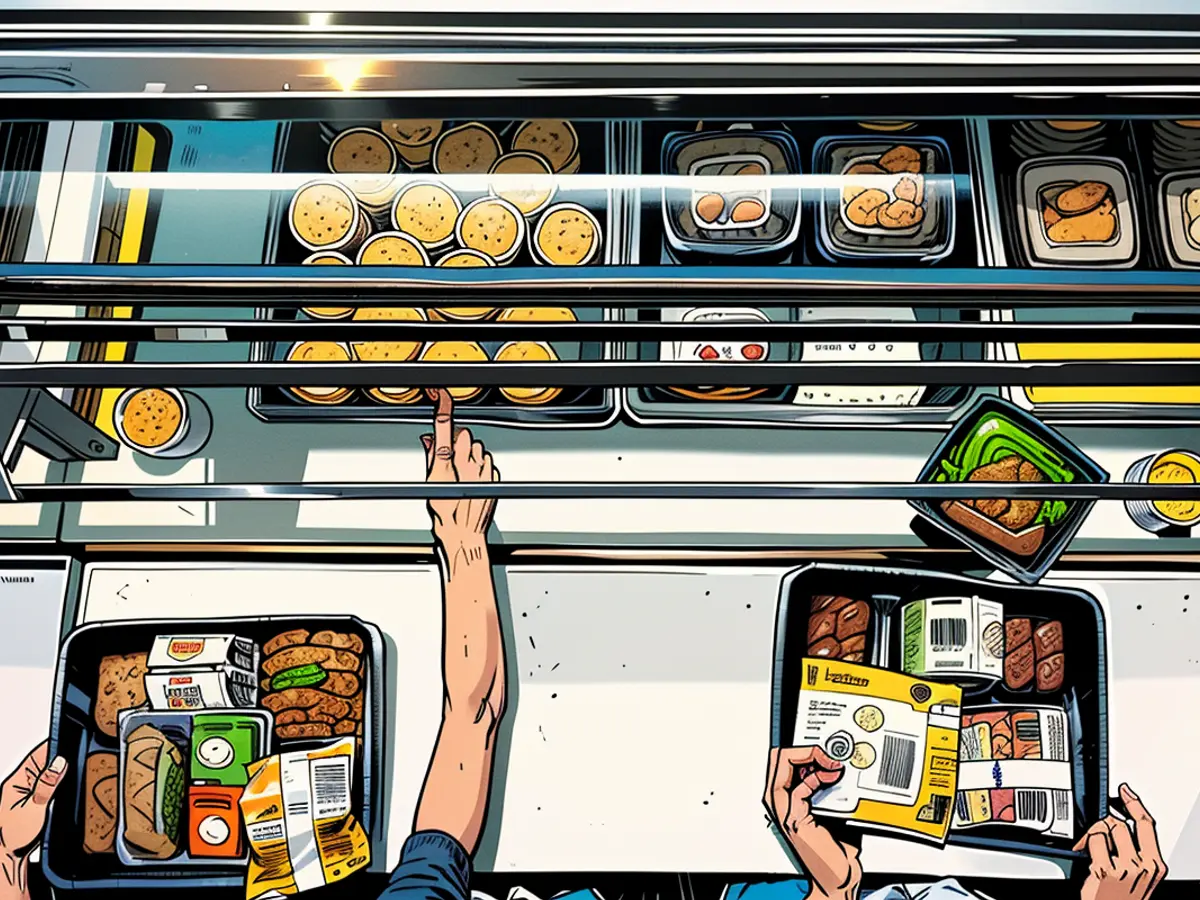Consumer agency calls out ‘junk’ fees that parents pay for online school lunch accounts
A new report from the CFPB looked at data from the top five online payment processors schools use and found that flat fees ranged from $1 to $3.25 per transaction, while percentage fees ranged from 3.5% to 4.58% per deposit, which can range in frequency from a few times a year to at least two times a month.
“Transaction fees and other types of junk fees can take an economic toll on American families just trying to pay for basic school expenses, including school lunch for kids,” said CFPB director Rohit Chopra in a statement. “[The] report will help school districts avoid contracts with financial firms that harvest excessive fees from families who purchase school lunch.”
The CFPB report found that families who pay full price for lunches might incur transaction fees of 8 cents for every dollar they spend. But lower income families who qualify for reduced-price lunches could end up paying as much as 60 cents for every dollar they spend. Based on data the agency collected, it determined such families pay roughly $72 a year for 180 days of lunches plus $42 in fees when they make two deposits a month into their child’s account.
Flat fees, which were more prevalent among the school districts CFPB examined, can be especially costly to lower-income families, who tend tomake smaller deposits more frequently.
The agency estimates that payment processors collect between $28 million and $92 million in fees from families paying full fare for lunch, and between $1.9 million and $10.2 million from those paying reduced prices. The low end of the ranges assume parents make three deposits into their child’s account a year and the high end assumes they make 18 deposits.
On top of transaction fees, parents may be charged a small program fee when they open an account or a convenience fee to transfer funds between their children’s accounts.
“Families have little choice in the payment platform offered by their school district and may be particularly vulnerable to harmful practices, including those that may violate federal consumer protection law,” the CFPB report notes.
By law, schools participating in the USDA’s National School Lunch Programs, which provides low-cost or no-cost lunches to children from means-tested families, are required to offer a fee-free payment option and must inform parents about all their payment options and associated fees.
But CFPB found that school districts and processors “frequently fail to post the availability of free payment methods” and even when they do, those options can be more cumbersome than the electronic options.
“Despite requirements from the USDA, families may be paying more in fees than they would choose to if they had access to comparably convenient payment options with lower or no fees,” the CFPB wrote.
The CFPB report highlighted that business practices of some payment processors can negatively impact families' budgets, with lower-income families being disproportionately affected due to higher percentage fees and frequent flat fees. The agency also pointed out that schools participating in the USDA's National School Lunch Programs should provide clear information about fee-free payment options, as many families are currently paying more than necessary due to a lack of awareness and convenience associated with these options.






